20 things we learned about democracy in January 2015
Christmas is over, 2015 is here, and the General Election we are constantly being told is only a matter of (tens of) days away. As the locomotive that is British democracy chugs back into gear after its winter break, we are left, as ever, questioning whether we actually learned anything new. Fortunately, Democratic Audit UK’s Sean Kippin is here to reassure us that we did, with our latest 20 things we learned about democracy.
1. Hangin’ on the telephone
Getting through to the Prime Minister on the phone isn’t as hard as you might think. You just have to call up and pretend to be someone important. Find out more here.
2. See you at the party!
Despite their manifest flaws, political parties improve democracy and it is implausible that it could be successful without them, according to research byAnn-Kristin Kölln. Find out more here.
3. Spinning for the web
The Speaker of the House of Commons is in favour of introducing online voting, with the Speaker’s Commission on Digital Democracy recommending that it be implemented in time for the 2020 General Election. Find out more here.
4. The Sound of Violence
Individuals exposed to political violence are less likely to support compromises in peace talks. Find out more here.
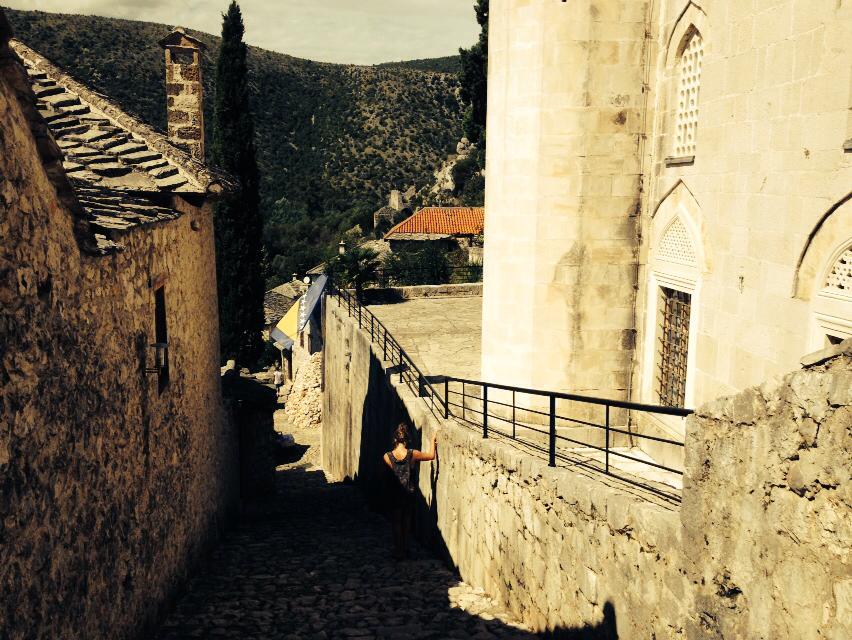
5. We shall correct a number of them on some of those beaches
The Prime Minister doesn’t know his Churchill, at least according to the former Labour Party spin doctor Damian McBride. Find out more here.
6. Cutting off the hands that feed you
Being the leader of an authoritarian theocracy which lashes critical bloggers, doesn’t allow women to drive, and cuts the hands off of criminals is no barrier to being ostentatiously mourned by the “Leaders of the Free World”. Find out more here.
7. Siege mentality
Sanctions can be counter-productive in instigating democratic reform in authoritarian regimes. Find out more here.
8. Blurred lines
Being a Liberal Democrat member of the House of Lords does not preclude you from donating money to Labour Party parliamentary candidates. Find out more here.
9. Learned of the free
Countries with less Government interference in the media have higher levels of voter knowledge. Find out more here.
10. At their lowest Eigg?
There is an 80% chance that Labour will receive their lowest ever vote share in the General Election in Scotland later this year, according to the LSE’s expert prediction team. Find out more here.
11. An effective use of time and resources
Visits to constituencies by party leaders increase vote share, but not turnout. Find out more here.
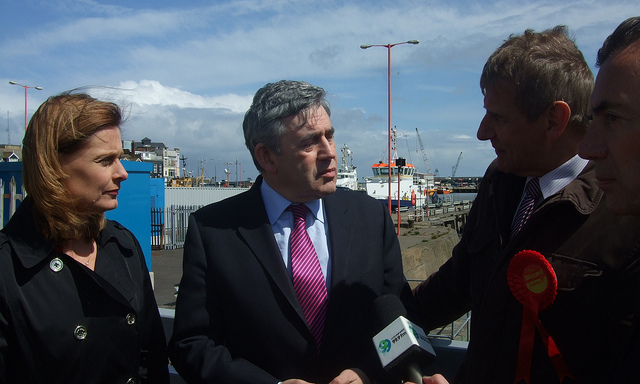
12. Bummed
Visionary and idealistic would-be leaders such as “Bez” should always have someone around them to ensure that mundane tasks – such as registering your party with the electoral commission – are done on time. Find out more here.
13: Tony Blair: Totally Bling
Tony Blair isn’t alone in turning his political and governmental expertise into hard cash. But this new trend poses genuine questions for democracy, according to Fortunato Mussella for Democratic Audit UK. Find out more here.
14: Dismemberment
Under a Green Party Government, membership of the Islamic State or Al Qaeda would not be a crime. Find out more here.
15: Money, it’s a gas
The Conservatives are ahead of their rivals in terms of money raised locally in advance of the General Election. Find out more here.
16. You say you wanna revolution?
The threat of revolution can play a pivotal role in spurring democratisation. Find out more here.
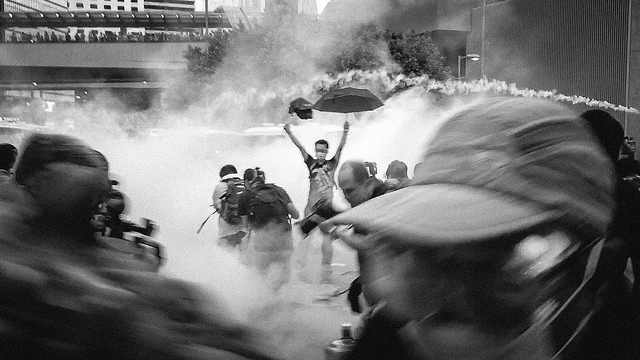
17: Political book awards
A former Chairman of the Conservative Party’s sophisticated election modelling forecasting model largely consisted of going to the bookies. Find out more here.
18: Poor handiwork
Despite running in countless elections over long political careers, some world leaders haven’t yet learned how to shake hands properly – even with one another. Find out more here.
19: Successful transition
Peaceful transitions of power have been rare in modern states, but once the habit has been acquired it sticks. Find out more here.
20: Dividing lines
Political parties can and do have an influence on immigration policy, despite a widespread scepticism about their ability to influence who does and doesn’t enter the UK, according to research by Tim Bale and James Hampshire. Find out more here.
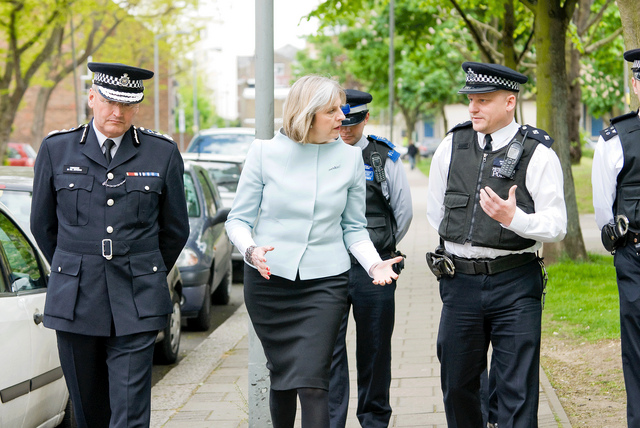
—
Note: this post represents the views of the author, and not those of Democratic Audit or the LSE. Please read our comments policy before posting.
—
 Sean Kippin is Managing Editor of Democratic Audit. He received a Degree in Politics from the University of Northumbria in 2008, and an MSc in Political Theory from the London School of Economics in 2011. From 2008 to 2012 he worked for the Rt Hon Nick Brown MP in Newcastle and in the House of Commons, and for Alex Cunningham MP. He has also worked at the Smith Institute think tank, and as an intern for the Co-operative Party. He has been at Democratic Audit since June 2013, and can be found on twitter at @se_kip.
Sean Kippin is Managing Editor of Democratic Audit. He received a Degree in Politics from the University of Northumbria in 2008, and an MSc in Political Theory from the London School of Economics in 2011. From 2008 to 2012 he worked for the Rt Hon Nick Brown MP in Newcastle and in the House of Commons, and for Alex Cunningham MP. He has also worked at the Smith Institute think tank, and as an intern for the Co-operative Party. He has been at Democratic Audit since June 2013, and can be found on twitter at @se_kip.
—
Image credits: 1: Windell Oskay, CC BY 2.0 – 2: Credit: Huhu Uet, CC BY 3.0 – 3: IsaacMao, CC BY 2.0 – 4: Sean Kippin, CC BY NC 2.0 – 5: Leo Reynolds, CC BY ND SA 2.0 – 6: conradh, CC BY NC SA 2.0 – 7: thierry ehrmann, CC BY 2.0 – 8: David Spender, CC BY 2.0 – 9: Nick Page, CC BY 2.0 – 10: Kevin Walsh, CC BY 2.0 – 11: The Labour Party, CC BY NC 2.0, 12: Ian Pattinson, CC BY ND SA 2.0, 13: SimonWhitaker, CC BY NC 2.0 – 14: thierry ehrmann, CC BY 2.0 – 15: Franck BLAIS, CC BY SA 2.0 – 16: Psa Au Yeung, CC BY 2.0 – 17: Kake, CC BY NC SA 2.0 – 18: European People’s Party, CC BY 2.0 – 19: Ross Pollack, CC BY NC SA 2.0 – 20: ukhomeoffice, CC BY 2.0


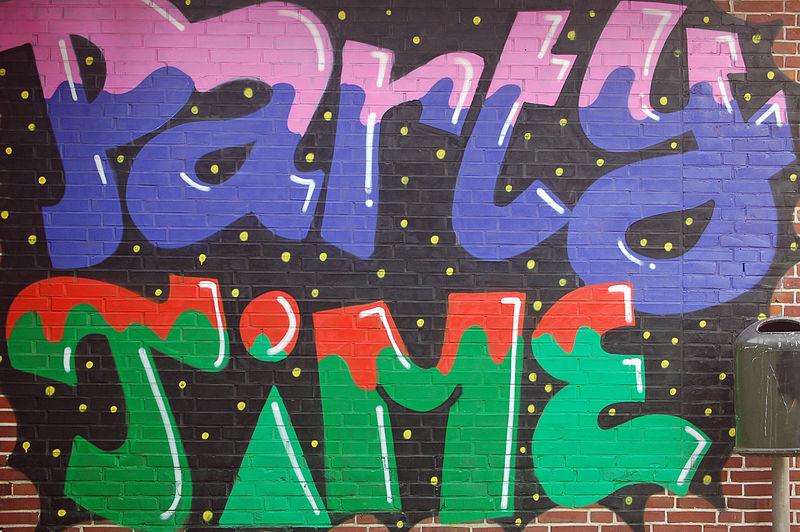

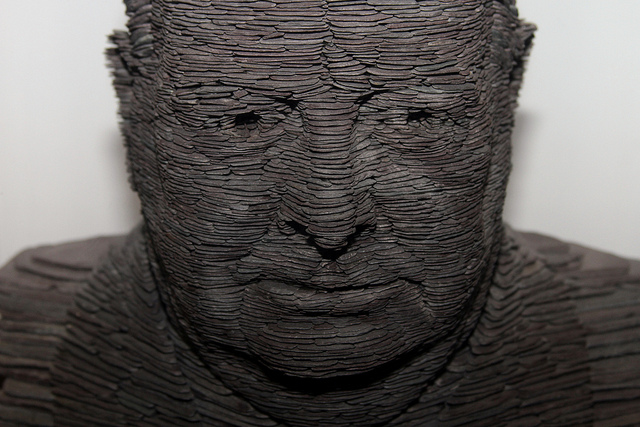
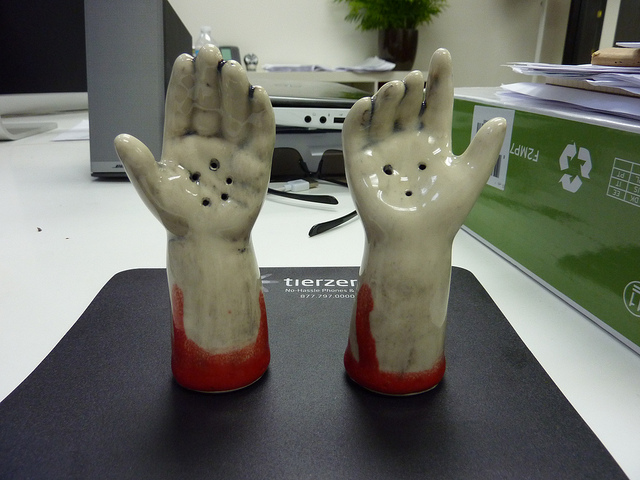
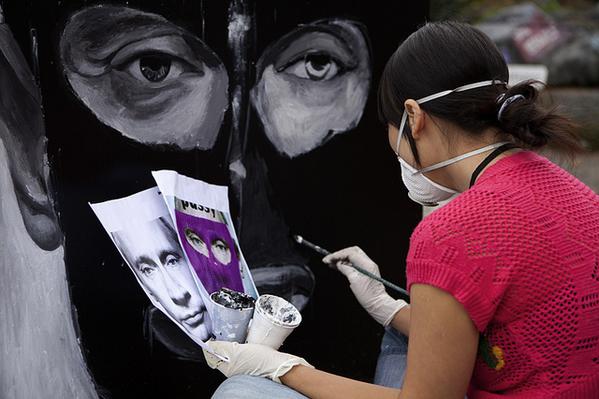
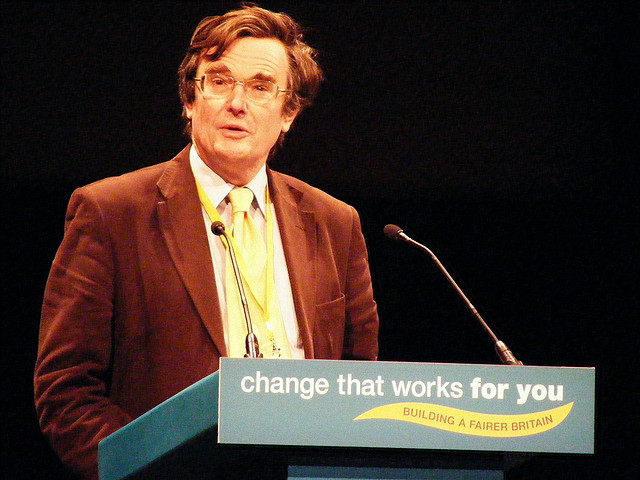
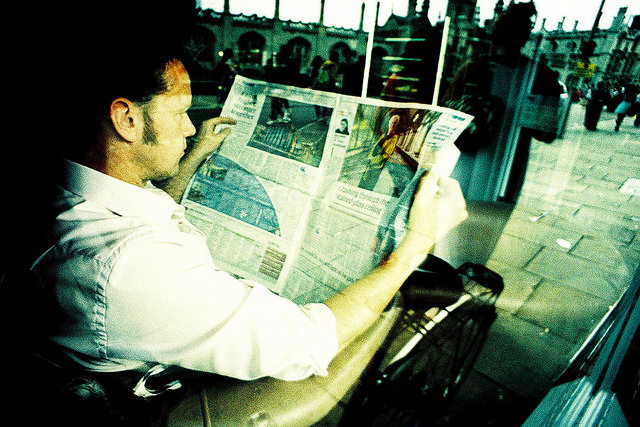
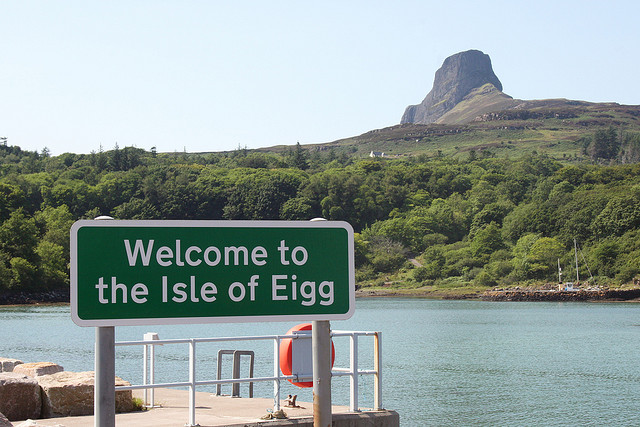

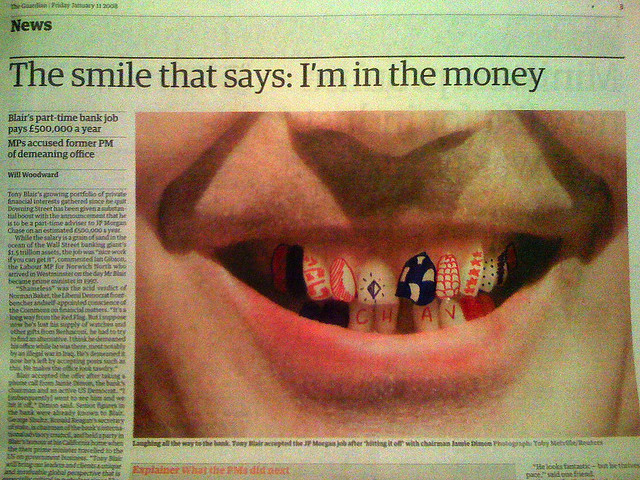



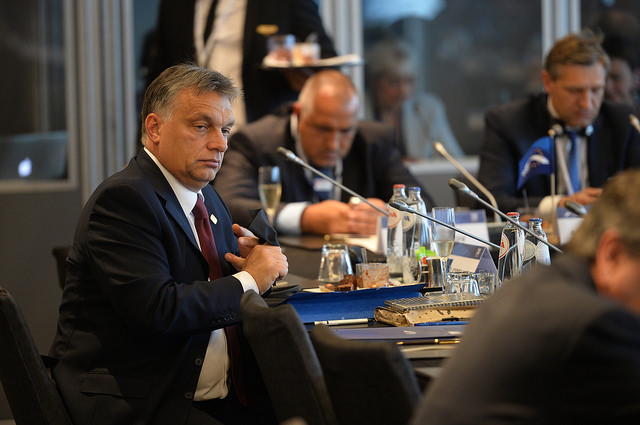
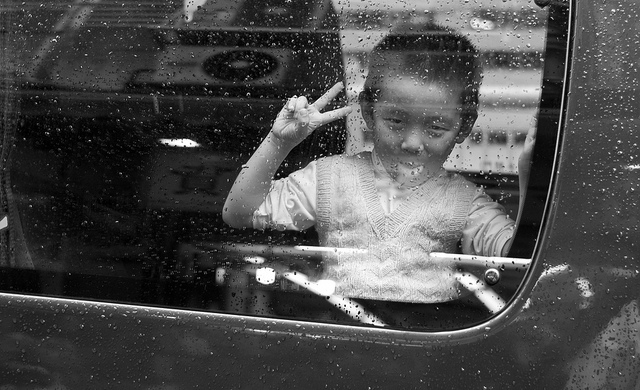




 Democratic Audit's core funding is provided by the Joseph Rowntree Charitable Trust. Additional funding is provided by the London School of Economics.
Democratic Audit's core funding is provided by the Joseph Rowntree Charitable Trust. Additional funding is provided by the London School of Economics.
RT @DemocraticAudit – 20 things we learned about #democracy in January 2015 https://t.co/xzZgzT0YiH
Interesting read! 20 things we learned about democracy in January 2015 https://t.co/37ixYSqpj1
How to buzz the PM, ostentatious mourning, Bez and handshakes: 20 things we learned about democracy in January 2015 https://t.co/vacLZxQyeS
20 things we learned about democracy in January 2015 ( @se_kip) https://t.co/BxNhIAZpDX
Democratic Audit’s great ‘things we learned’ series continues into January 2015. https://t.co/firFpPIWqr by @se_kip
Me for @democraticaudit – 20 things we learned about democracy in January 2015 https://t.co/qqqCf5ony8
Entertaining post from @democraticaudit: 20 things we learned about #democracy in January 2015 https://t.co/nbpPVlqNRX
20 things we learned about democracy in January 2015 https://t.co/gCD9Xfijwz
20 things we learned about democracy in January 2015 by @se_kip https://t.co/w5GmQY1thh
20 things we learned about democracy in January 2015 : Democratic Audit UK https://t.co/EYXMCrnQM8
Very insightful. 20 things we learnt about democracy in Jan 2015 from @democraticaudit’s @se_kip : https://t.co/X1yrTMtcaQ
20 things we learned about democracy in January 2015 https://t.co/VfwVv47zTB